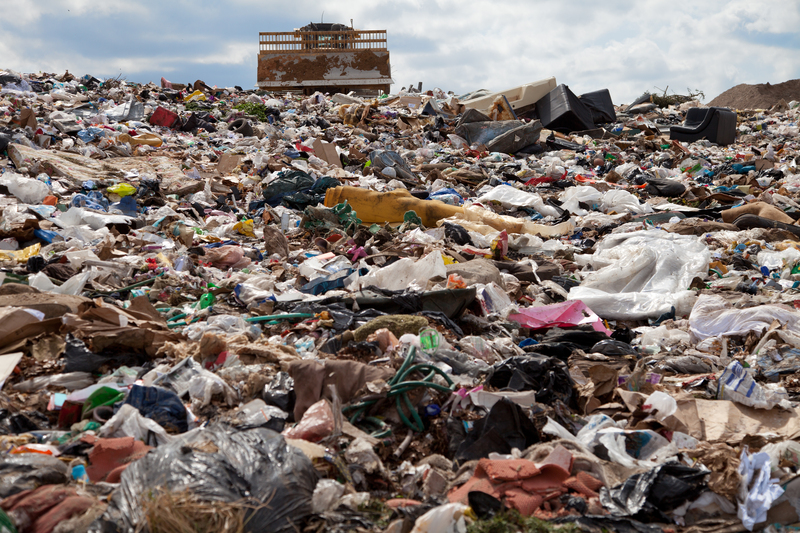Significance of Recycling
Posted on 07/01/2025
Recycling is a critical process that brings numerous benefits to our environment, economy, and society. By reprocessing used materials into new products, we conserve natural resources, reduce landfill waste, minimize pollution, and promote sustainable development. In this article, we explore the significance of recycling in-depth, revealing its far-reaching impacts and benefits.
Environmental Benefits of Recycling
One of the most significant advantages of recycling is its positive impact on the environment. By reusing materials, we can significantly reduce the strain on natural resources such as trees, minerals, and water. For example, recycling paper saves trees and water, while recycling metals like aluminum reduces the need for mining.

Reduction of Landfill Waste
Landfills are rapidly filling up, leading to numerous environmental and health hazards. Recycling helps mitigate this problem by diverting waste from landfills. Items like plastics, metals, and glass can take hundreds of years to decompose if not recycled, contributing to the growing waste crisis.
Energy Conservation
Recycling often uses far less energy compared to manufacturing new products from raw materials. For instance, producing new aluminum from recycled materials uses 95% less energy than making it from bauxite ore. The energy savings extend to other materials as well, such as paper, glass, and plastic, thus reducing the overall carbon footprint.
Economic Benefits
Recycling is not only good for the environment but also beneficial for the economy. It creates jobs in the recycling and manufacturing industries. According to various studies, the recycling industry provides millions of jobs worldwide and contributes billions to the global economy. Moreover, it reduces the costs associated with waste disposal and raw material procurement.
Promotion of Sustainable Development
By recycling, we are fostering a culture of sustainability. It encourages individuals and businesses to think about the life cycle of products and the importance of resource conservation. This shift can lead to more innovative recycling technologies and practices, further enhancing our ability to protect the environment.
Pros and Cons of Recycling
Pros:
1. Conservation of natural resources
2. Reduction in energy consumption
3. Decrease in landfill waste
4. Economic growth through job creation
5. Mitigation of pollution and greenhouse gas emissions
Cons:
1. Initial setup costs for recycling programs can be high
2. Not all materials are recyclable, leading to contamination issues
3. The recycling process itself can produce emissions
4. Requires public awareness and participation
5. Can be logistically challenging in areas with inadequate infrastructure
Recycling Tips
1. Separate Waste: Make sure to separate recyclables from non-recyclables. Check local guidelines to know what can and cannot be recycled.
2. Clean Items: Clean your recyclables before placing them in the bin to prevent contamination.
3. Use Reusable Bags: Reduce the need for plastic bags by using reusable ones.
4. Compost Organic Waste: Organic waste can be composted instead of thrown away.
5. Educate Others: Spread awareness about the importance of recycling and how to do it correctly.

Key Takeaways
- Recycling is essential for conserving natural resources and reducing waste.
- It offers substantial energy savings and supports economic development.
- The promotion of sustainability through recycling can lead to innovative solutions.
- While there are some drawbacks, the benefits of recycling far outweigh the negatives.
Conclusion
In conclusion, recycling holds immense significance for our planet. It not only conserves natural resources and reduces energy consumption but also lowers landfill waste and supports economic growth. While there are challenges to be addressed, the long-term benefits of recycling make it a critical component of sustainable living. By following proper recycling practices and encouraging others to do the same, we can create a cleaner, healthier, and more sustainable world for future generations.
Latest Posts
UK's Environmental Issues: Waste Dumping
Effortless Household Recycling Ideas






